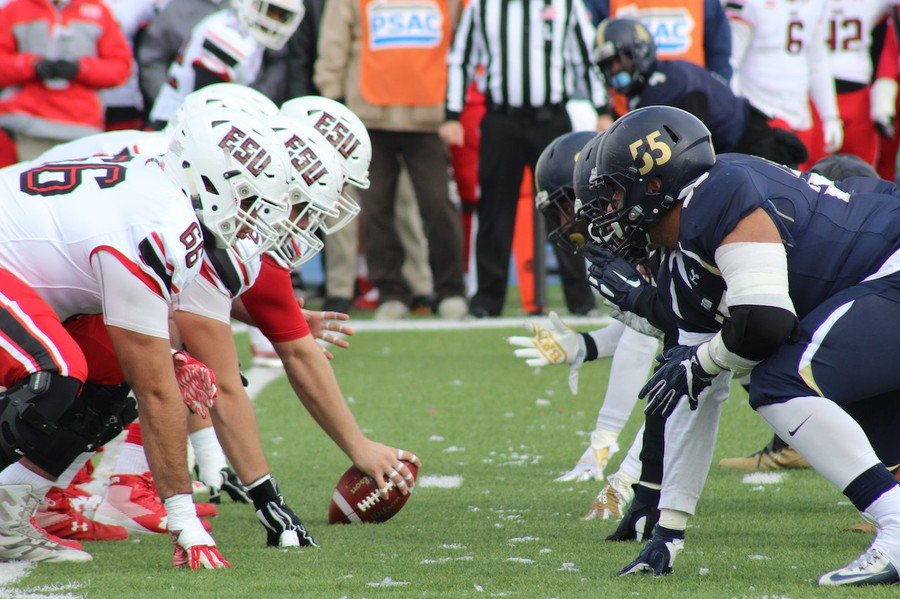In today's digital age, the internet has revolutionized various aspects of our lives, including the world of college football. The widespread availability of technology and online platforms has transformed how fans engage with the sport, how teams operate, and how information is disseminated. The impact of the internet on college football has been far-reaching, shaping everything from the fan experience to player recruitment. In this article, we will explore the significant ways in which the internet has transformed the world of college football.
Enhanced Fan Experience
One of the most noticeable ways the internet has revolutionized college football is by enhancing the fan experience, including access to live game streaming, engaging content, and up-to-date information. Fans can now follow their favorite teams and players more closely than ever before, thanks to real-time updates, highlights, and analysis. Moreover, online platforms and dedicated sports websites provide fans with seamless access to comprehensive statistics, team rosters, historical data, and even college football odds, empowering them to make informed decisions and deepen their understanding of the sport.
Impact on Recruiting
Recruiting talented players is a vital aspect of college football, and the internet has significantly impacted this process. Coaches and recruiters now have access to a vast pool of potential prospects through online platforms, scouting databases, and social media. These tools allow them to identify and evaluate players more efficiently, streamlining the recruitment process. Additionally, players can showcase their skills through highlight videos and personal websites, gaining exposure to college programs across the country. The internet has made recruiting a more transparent and interconnected process, benefiting both athletes and coaches.
Advancements in Training and Performance Analysis
Technological advancements facilitated by the internet have also had a profound impact on the training and performance analysis in college football. Coaches and players now have access to sophisticated software and analytics tools that aid in training sessions, game preparation, and player development. These technologies enable the analysis of vast amounts of data, providing valuable insights into player performance, tactical strategies, and opponent analysis. With the help of software applications, coaches can create virtual simulations, track player progress, and optimize game plans. Such advancements have revolutionized training methodologies and significantly improved overall performance levels.
Digital Transformation of Game Coverage
Ad
The internet has transformed how college football games are covered and broadcasted. Traditional media outlets are no longer the sole source of game coverage, as online platforms now provide extensive live streaming, play-by-play updates, and post-game analysis. Fans can choose to watch games on their smartphones, tablets, or computers, granting them the flexibility to follow their teams from anywhere in the world. Social media platforms have also played a pivotal role, allowing fans to engage in real-time discussions, share opinions, and connect with other enthusiasts. The digital transformation of game coverage has democratized access to college football, making it more inclusive and accessible to a wider audience.
Impact on Revenue Generation
The internet has opened up new avenues for revenue generation in college football. Online ticket sales, merchandise stores, and digital advertising have become integral parts of revenue streams for college athletic departments. Fans can purchase game tickets, team merchandise, and memorabilia conveniently through dedicated online platforms, boosting sales and expanding the reach of college football brands. Furthermore, the rise of social media influencers and digital sponsorships has created additional revenue opportunities for both teams and players.
The Future of College Football in the Digital Era
As we look to the future, the internet will continue to shape the landscape of college football. Advancements in virtual reality (VR), augmented reality (AR), and artificial intelligence (AI) hold immense potential for immersive fan experiences, enhanced training simulations, and data-driven decision-making. The internet will further bridge the gap between teams, players, and fans, fostering a stronger sense of community and engagement. Additionally, emerging technologies will continue to revolutionize how the sport is analyzed, scouted, and strategized.
In conclusion, the internet has brought about significant transformations in the world of college football. From the enhanced fan experience to the digitalization of game coverage and the impact on player recruitment, the internet has revolutionized various aspects of the sport. As technology continues to advance, the future holds even more exciting possibilities for college football in the digital era.





— Comentários
0Seja o primeiro a comentar